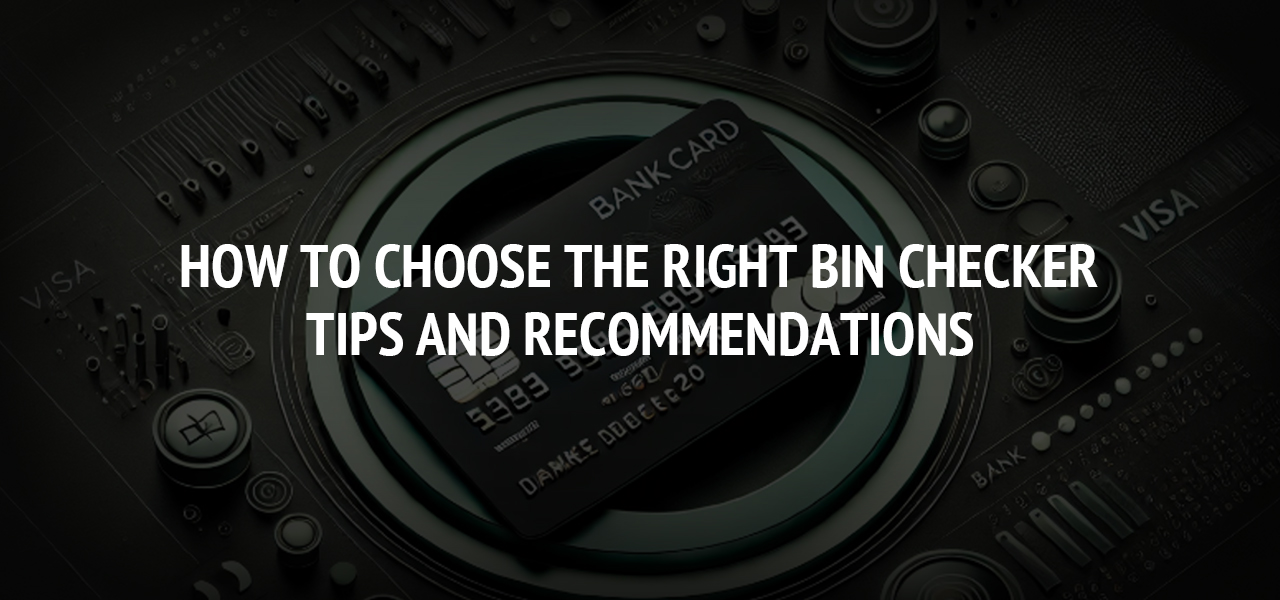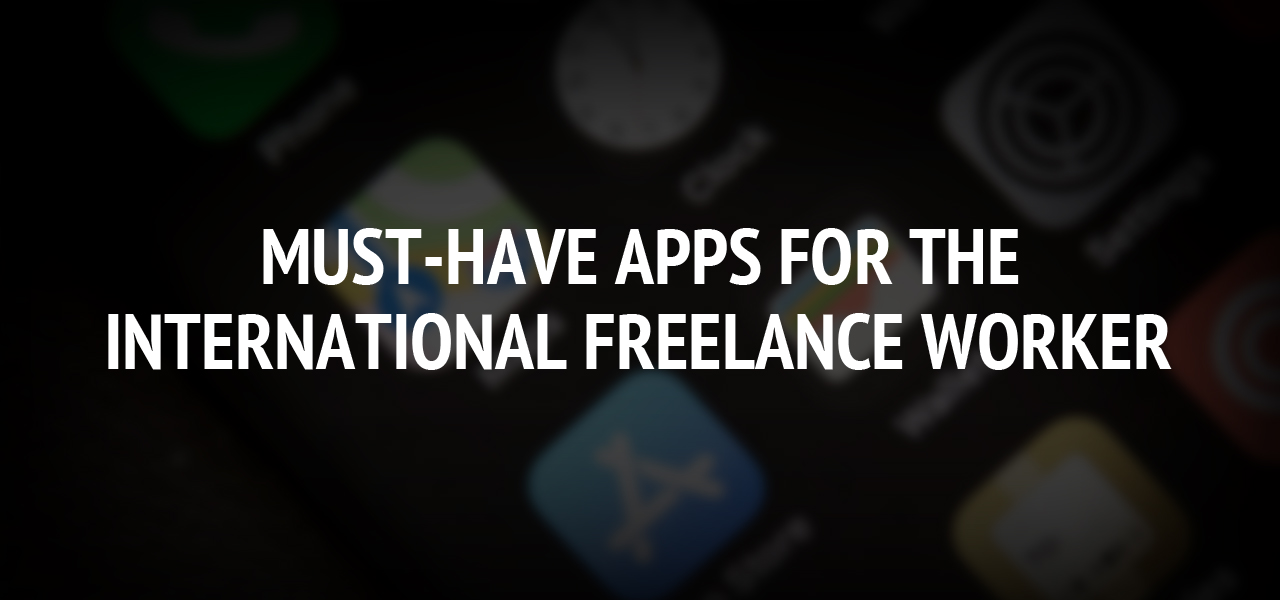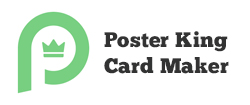How to choose the right BIN checker: tips and recommendations

If you shop online regularly, work in media buying, or run your own business, you’ll eventually need a tool to verify BIN numbers. BIN checkers let you find out which bank issued a card, its type, the country of origin, and other key details. This information helps you prevent payment errors, assess potential risks, and make your transactions more predictable. But how do you choose the right BIN checker from so many options? Let’s break it down.
What is a BIN checker and why do you need one?
A BIN checker is a tool that deciphers the first six digits of a card number, revealing useful details. With a BIN number checker, you can learn:
- The issuing bank
- The card type
- The payment system
- The country of issuance and ISO
Some services also provide additional insights, such as the card’s tier (Classic, Gold, Premium) or billing thresholds.
When a customer makes a payment, their card details go through the payment system. A BIN checker analyses the BIN and determines where the card originates. For example, you can find out if it’s a debit or credit card, its tier, and even its preferred use — shopping, cash withdrawals, or other purposes.
This information is valuable not only for media buyers but also for online store and service owners. Knowing which banks you’re dealing with can help you identify which cards get higher approval rates in your segment and detect suspicious transactions.
What to consider when choosing a BIN checker
Before deciding on a BIN checker, ask yourself a few questions. What information do you need? How often will you use this tool? Does real-time data matter to you?
●Data accuracy
The accuracy of results depends on how often the BIN database is updated. The financial world changes fast, banks issue new cards and update old ones. If the database is outdated, you might get incorrect information and make poor decisions.
Look for BIN checkers that claim to update their database daily. Reliable services usually highlight this feature. If the update frequency isn’t mentioned, it’s a red flag.
●Depth of analysis
Some BIN checkers provide only basic information like the country and card type. Others offer much more, such as the issuing bank, card tier, payment system type, and even average limits.
For example, if you handle international payments, knowing the card’s country of origin is crucial. Cards from certain countries may face frequent payment gateway blocks. Similarly, if you’re a media buyer, it’s helpful to identify which cards have high approval rates on advertising platforms.
●Speed
If you check dozens of BINs daily, a slow service will only waste your time. Choose a tool that lets you input data quickly and delivers results instantly.
Some platforms offer API solutions, which are especially useful for businesses. Integrating an API into your system can automate the checking process, saving time and reducing manual errors.
●Interface design
A user-friendly interface can make all the difference. The simpler it is to navigate, the faster you can complete your tasks. However, simplicity shouldn’t come at the cost of functionality.
●User feedback
Before committing to a tool, read reviews about it. Check forums, social media groups, or platforms where such tools are discussed. Users often share common issues, such as outdated databases, unresponsive customer support, or inaccurate results. These insights can save you from making the wrong choice.
Should you go for a free or paid BIN checker?
Some BIN checkers offer basic features for free, while advanced options require payment. It’s important to understand what you’re paying for.
If you only check BIN occasionally, a free service might suffice. However, for frequent use, a paid platform with more features is usually a better option.
Check if the service offers a trial period. This allows you to explore its features without financial commitment and decide if it meets your needs.
Conclusion
Choosing a BIN checker isn’t just about convenience; it’s an investment in the safety and efficiency of your operations. Take your time. Test a few options, compare them, and only then make a decision. This approach will help you find a tool that becomes a valuable assistant in your work.
It’s worth noting that every service has its strengths and weaknesses. One might excel at identifying European banks but struggle with Asian BINs. Another might do the opposite. If you often work with clients from different regions, consider using two or three checkers simultaneously. This won’t just boost accuracy but also help you avoid errors caused by unreliable data.
About The Author
Related Blog
View All-
Why Node JS is Considered as a Perfect Enterprise App Development Platform?
Wondering what’s all the hype around Node JS lately? Why so many large-scale enterprise companies seem to have fallen in love with the platform? Well, you’re not alone! It all started when Ryan Dahl, the creator of Node JS, demonstrated it for the ...
-
Must-Have Apps for the International Freelance Worker
Having the right tools is very important for any freelancer to produce his best work. As a freelancer, you have to manage different tasks, work expenditure and productivity all by yourself. However to do your freelancing job successfully it is important to make ...







